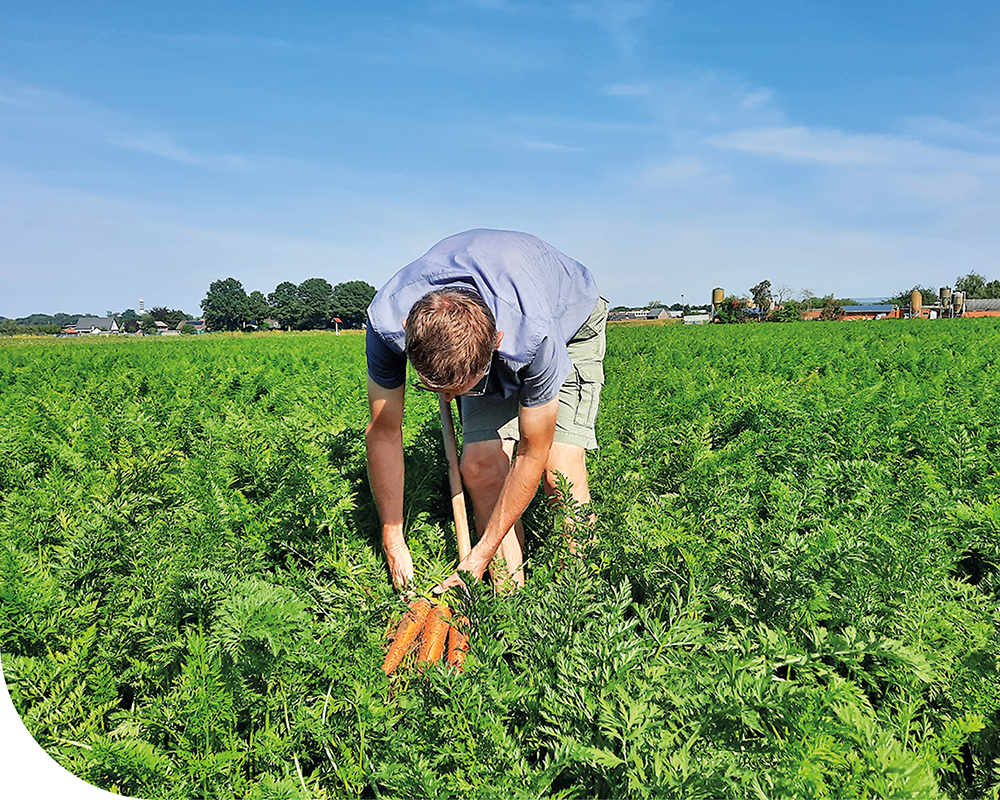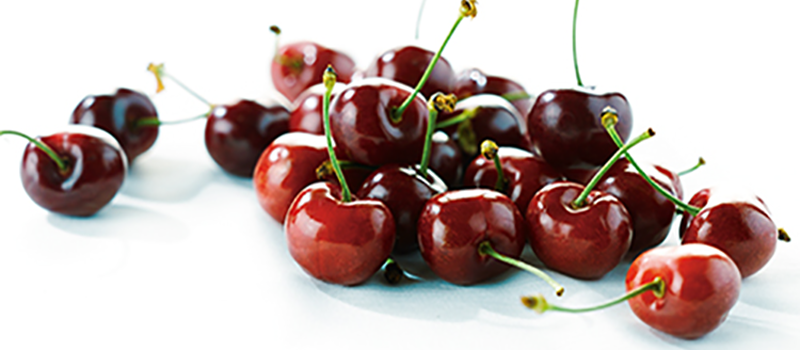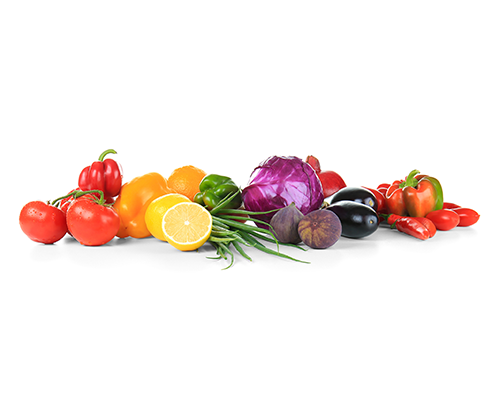

Our approach
Greenyard sources more than 2.6 million tonnes of fruit and vegetables worldwide each year. All products supplied by Greenyard are compliant with regulatory requirements in the EU and the country of origin. We require all growers to adopt good agricultural practices and obtain certifications (e.g. GlobalGAP, FSA) accordingly. These include integrated pest management in which best practices continue to evolve in line with the availability of pesticides and new innovations in terms of biological control, therefore requiring knowledge sharing between the various stakeholders.
Greenyard has a long tradition of working closely with growers throughout its various divisions. The Long Fresh segment’s partnership model is characterised by contract growing. The aim is to constantly improve agricultural practices and product availability and quality in close collaboration with producer organisations. Greenyard Prepared growers are organised in producer organisation BND, whereas an important part of Greenyard Frozen growers are member of producer organisations in various production regions.
Similarly the Fresh segment values its close cooperation with local growers, whether organised in producer groups or individually. The cooperation can go as far as establishing dedicated producer groups to further develop organic production for international markets and improve quality and production standards as we did in Italy. In some specific areas – such as Latin America and Africa – we engage in capacity building with smallholders by informing or educating farmers and getting them ready for certification.
Greenyard is also mindful of any risks related to deforestation in its supply chain. Whereas deforestation risks for fruit and vegetables are generally considered as a low to medium risk, certain commodities and production regions represent higher risks. Further supply chain mapping is planned to foresee mitigation options for these specific cases. Elsewhere packaging materials derived from timber products also constitute a risk. These represent the smallest share of our direct packaging consumption in terms of volumes (<5%). We intend to explicitly incorporate certification requirements (e.g. FSC, PEFC) in our procurement policy in the coming months.

Our progress
Our volumes of organic products are growing steadily and represent more than 7% of Greenyard Fresh volumes and more than 4% of Greenyard Prepared and Frozen volumes.
While it shows that we do a lot in this field already and we have our experts visiting the fields and orchards, we do not yet have a specific policy on biodiversity. We are developing this together with our agronomy experts. We take along the experience we have from different tests and programs we are or have been involved in. We expect this policy to be ready within the current financial year and publish this on our website.
We expect that this will not significantly change our current way of working as we already know we have to nurture nature and there is a lot of regulation in this field as well. But we do consider it important to address this topic as we are convinced that extra attention to biodiversity will help to further improve the sustainability of our sector.
We have a strong belief that any fresh produce that enters our value chain should be produced in a sustainable manner. We know and acknowledge that the sector can further improve on this with a clear focus on biodiversity (resulting in further optimisation of the use of fertilisers, crop protection and water). By focusing on the complete value chain and optimising it step by step we have the most impact.
Next to this we value the examples that put an extra and very specific focus on biodiversity. While this is often a more expensive approach with many known challenges in product quality and yield it does bring inspiration and all farmers active in this field do this from a strong belief in sustainability and with a lot of respect to nature.

Future plans
An important part of our future plans is the development of a Greenyard policy on biodiversity. In Belgium, Greenyard is already cooperating with The Shift on Climate Change. This organisation is now also building a new program on biodiversity in which Greenyard will take part.
Next to this we will continue various programs we have undertaken with our customers, such as the Beter voor Natuur en & Boer program in The Netherlands. We will also continue to work closely with farmers and grower associations. By doing so, we can further optimise our way of working, while we ensure a sustainable food chain as well as a good match between ecology and economy. Within our cooperation with farmers, especially in our Long Fresh division, we are testing digital tools to support our efforts in sustainable agriculture where we map the fields and enable both our agronomists and our farmers to put in all kinds of data and measurements during the growing season. The tool makes the field digitally available and identifies where extra attention by the farmer is needed to get the maximum yield and quality.
Elsewhere biodiversity, deforestation, soil degradation and the use of fertilisers and pesticides are included in the risk assessment methodology which will form an integral part of Greenyard’s due diligence policies which are being reviewed and formalised in preparation of the future EU Directive on corporate sustainability due diligence.